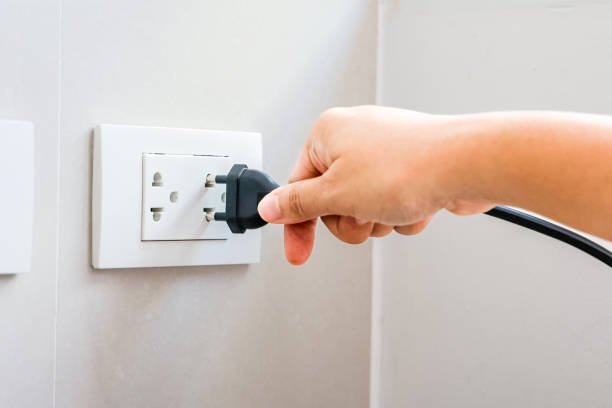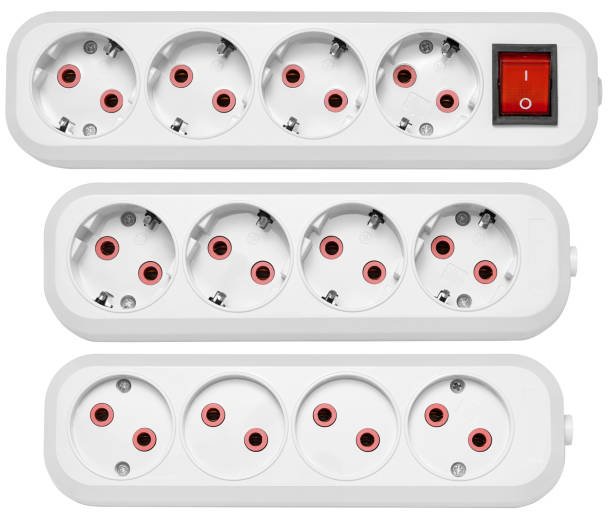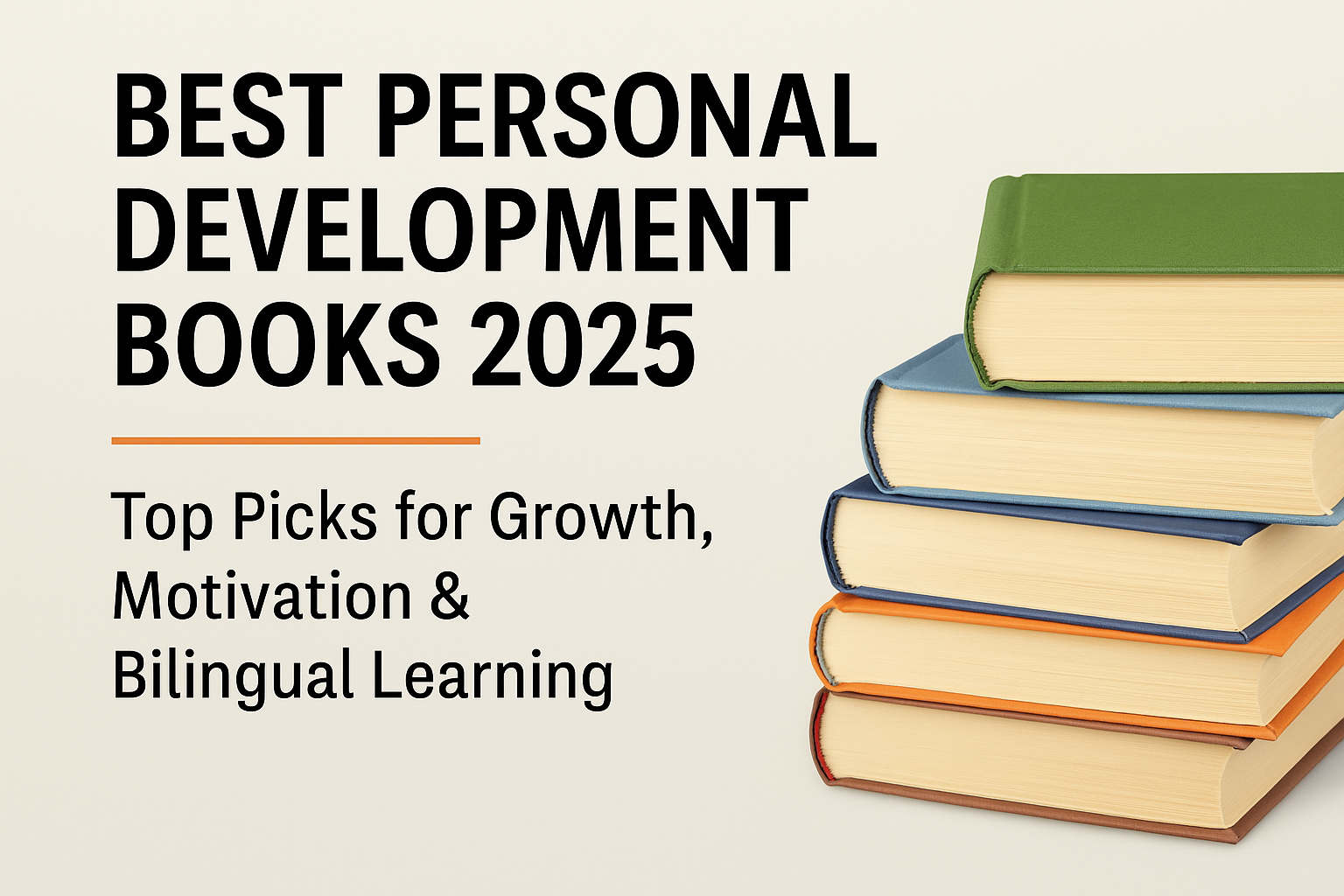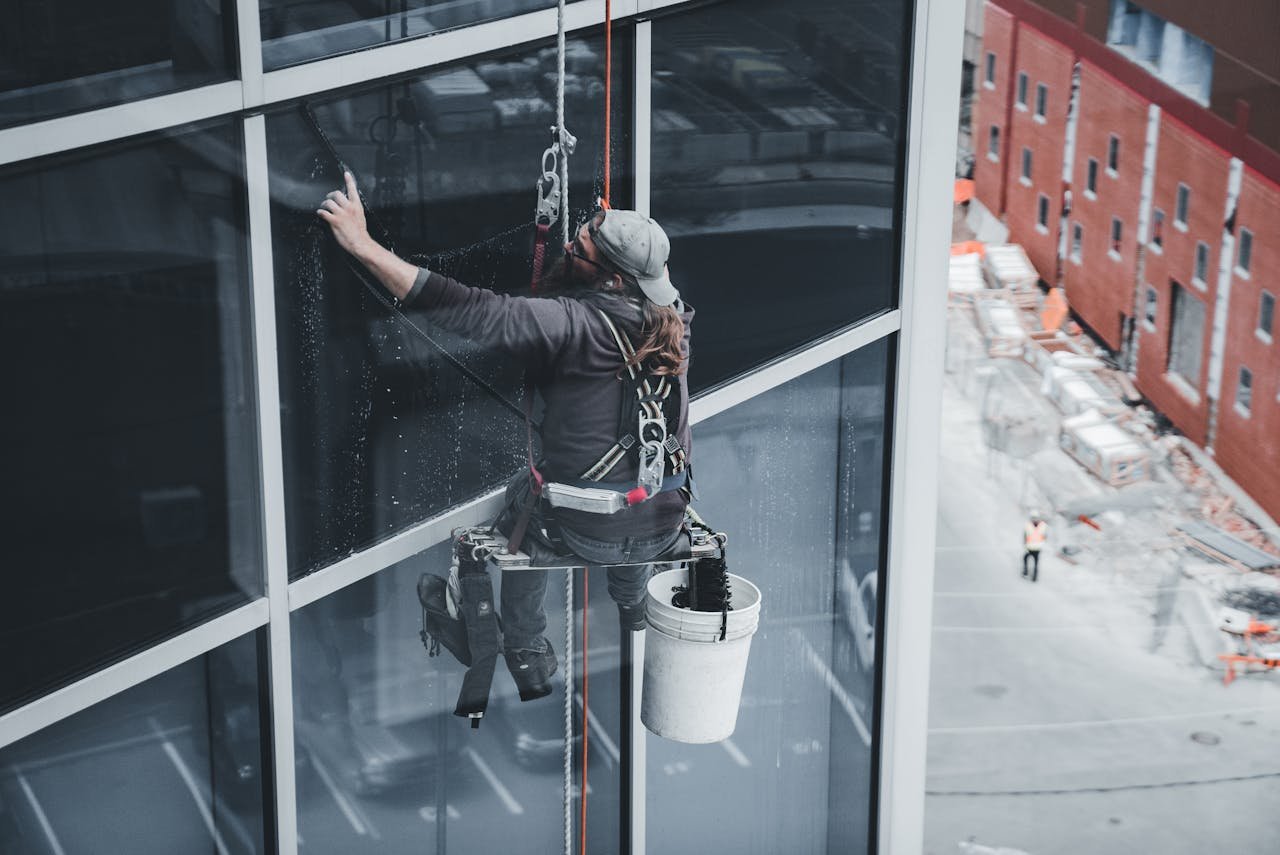Power cords are a must-have accessory that helps connect our electronic gadgets to power sources. Whether for a computer, television, or any other appliance, the power cord’s quality determines the appliance’s security and efficiency. The problems caused by using low-quality cords include the risks of overheating, damaging the device, or even causing a fire.
This is why it becomes crucial for anyone to learn how to identify the right power cord to meet their requirement. What, then, can be considered a high-quality power cord?
This article will outline five key features when shopping for reliable power cords to power your devices safely and efficiently.
1. Durable Insulation
Durable insulation is one of the most important features of a high-quality power cord. Insulation is the sheathing material that encases the wires inside the cord. It safeguards the wires and avoids possible electrical mishaps. Good-quality power cords depend on quality insulation like PVC or rubber. Such materials are thick and easily resist heat, abrasive substances, and moisture.
Such material also ensures the insulation’s durability so the cord will not crack one day. Cracks in cords can reveal wires that can shock or even catch fire. If you need a cord for the outside environment, ensure it has an insulating layer that includes weatherproofing. This kind of insulation is resistant to rain, light, and temperature conditions and can last without degrading.
Effective insulation helps prolong the cord’s lifespan and protects you from electric dangers. It is always recommended to check the cord’s material and thickness before purchasing one, as it needs a certain amount of protection.

2. Proper Gauge Size
The gauge size of a power cord is the diameter of the inner cables that make up the cord. A high-quality power cord should have the proper gauge size for its powering device. If the wires are too thin, they get damaged or pose a fire risk when electricity is conducted through their thin diameter. However, wires that are too thick may be unnecessary and harder to handle.
The lower the gauge number, the thicker the wire, enabling it to conduct more electricity. You’ll want a thicker cord for sturdier applications like your refrigerator or a power tool. A higher gauge cord will work as effectively as a lower gauge wire in smaller appliances such as lamps, phone chargers, etc.
The gauge size of the cord should correspond to the power requirement of the devices you use them on. If you’re still unsure about which gauge to use, determine the wattage demand of the device you’ll be using. A well-matched gauge ensures your devices run efficiently and safely.

3. UL Certification
Always look for the UL certification when shopping for power cords. This certification proves that the cord has been tested and endorsed for safety by an independent organization. Cords without the UL mark may be dangerous since they have not undergone the same testing.
Again, several factors are evaluated when power cords are evaluated for UL certification, such as the cord’s endurance to carry electrical loads, heat resistance, and endurance to retain its structural features. Cords accredited with this qualification remain high quality and are less likely to develop short circuit or fire problems.
To check for the UL certification, look for a label on the power cord or packaging. The label should clearly show the UL logo and provide information on voltage and current. This way, you know you’re not risking your life or limb on something that could go kaput on you someday.
4. Length and Flexibility
The length and flexibility of a power cord are also key factors in determining its quality. A high-quality cord should be long enough to reach your devices without straining the plug or the wires. Too short cords can cause tension at the connection points, leading to damage as time passes.
Also, a flexible cord is easier to handle and adjust as needed. Stiff or rigid cords can be difficult to work with, especially in tight spaces. High-quality power cords can bend without breaking or cracking. Materials like rubber or soft PVC help ensure flexibility while protecting the internal wires adequately.
When purchasing a power cord, consider the distance between your device and the outlet. Choose a cord long enough to provide some slack and flexible enough to maneuver around obstacles. This will help maintain the cord’s integrity and ensure it lasts longer.
5. Strong Plug Design
The design of the plug is just as important as the cord itself. A thick and well-designed plug must accompany a good power cord. Inexpensive plugs can turn or snap off very quickly and can be susceptible if the cord is plugged and unplugged often. The user should look for plugs made from sturdy materials that can easily survive a tough working environment.
Also, it is desirable to have a good plug design that is durable and securely fits into the outlets. Loose plugs are another issue since they may spark or overheat, affecting devices and leading to accidents. However, high-quality plugs are easy to grip, plug, and unplug.
Conclusion
Selecting a high-quality power cord is crucial for device safety and durability. When choosing a cord for your electronics, consider insulation, gauging, UL listing, length/flexibility, and sharp plug design characteristics to get the most out of it. So always remember that the proper power cord purchased will help you avoid accidents, shield your electronic devices, and save money in the long term.












